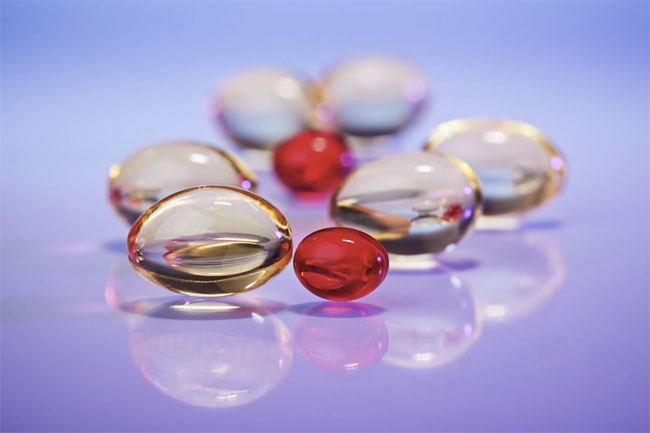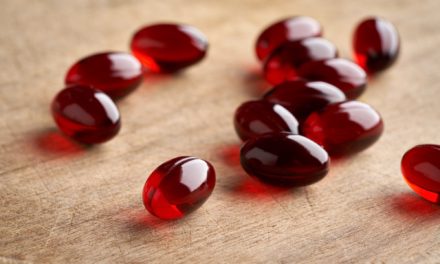After decades of swallowing fish oil, we’re here to tell you: there is a better option.
It’s true! You can find all the merits of fish oil in krill oil – while also enjoying some extra benefits. Although both are popular sources of omega-3 fatty acids, you’ll soon find why krill oil is the superior option.
Read on for 5 key reasons why you should choose krill oil versus fish oil…
No more fish burps.
This is a no brainer! No one enjoys the fishy aftertaste that can result from a dose of fish oil. You’ll be happy to know that won’t get fish burps from krill oil. Because omega-3’s from the phospholipids are water soluble, they don’t pool on top of the stomach — prompting reflux and fishy aftertaste — like some fish oil supplements can. It’s time to say goodbye to that awkwardly lingering fish flavor.
Small dose for big impact.
It is suggested that omega-3’s from krill are used more efficiently in the body than some other sources. One 2009 industry sponsored study found that when people took 100 mg of EPA/DHA daily, those getting it from Neptune Krill Oil saw their Omega-3 Index, a measure of levels in red blood cells, jumped by 67% – that’s 2.5 times the benefit compared to other sources. Another study looked at 113 people over seven weeks and found that those taking krill oil could take 543 mg of omega-3 DHA and EPA from krill oil and get a comparable improvement in blood levels as those taking 864 mg of DHA/EPA from fish oil. That means that krill oil was 1.5 times more effective than fish oil.
Contains astaxanthin: the king of the carotenoids.
Krill is loaded with the reddish-orange antioxidant astaxanthin, often called “the king of the carotenoids.” Shown to be 300 times more potent than Vitamins E and A, astaxanthin helps protect cell membranes from free-radical damage. It also serves as a natural preservative in krill oil, keeping it fresher longer.
Provides choline: an essential nutrient.
Another unique benefit of krill oil is that it contains choline, a critical nutrient for cognitive development and functioning. Choline is a key building block for the neurotransmitter acetylcholine, which helps support memory and communication between brain cells and may reduce the risk of breast and colorectal cancer. Our body can only produce small amounts of choline, so we must consume it in food. It is typically found in beef, liver, and chicken, so those who don’t consume a lot of meat often lack it.
Reduce your Omega-6 intake.
Fish oil tends to contain some omega-6 fats, which are pro-inflammatory fats. Krill oil contains almost none. Although beneficial in small amounts, too much omega-6 can lead to chronic inflammation and other health problems. (This totally counteracts the benefits of omega-3’s!) Unfortunately, we often intake more omega-6’s than we need. You can avoid consuming any more of these inflammatory fats by choosing krill oil.
It’s time to forget the fish oil… Enjoy all the same benefits and more with a simple daily dose of krill oil.
COMING SOON – Want to learn more? Get a FREE copy of our eBook Krill Oil: Nature’s Best Source of Omega-3, and learn about the many powerful health benefits of Krill Oil.
References
- http://thethrillofkrill.com
- http://www.webmd.com/vitamins-and-supplements/lifestyle-guide-11/supplement-guide-krill-oil
Disclaimer: Despite the references provided, the information on this site is intended for educational purposes only. It is not meant to cover all possible precautions, drug interactions, circumstances or adverse effects. Please refer for advise and treatment by a licensed physician.










